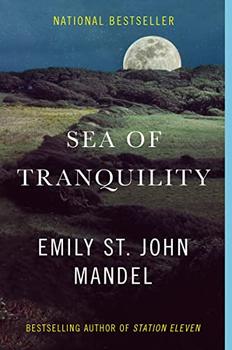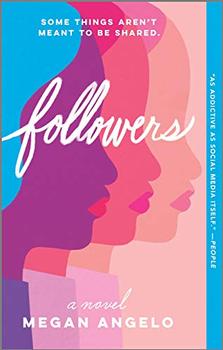Summary | Excerpt | Reviews | Beyond the book | Read-Alikes | Genres & Themes | Author Bio

You need a great deal of time to read All Our Wrong Todays, but don't let that put you off. This intense novel is the product of an enormous, curious, swirling mind thinking in depth about science, science fiction, the human heart, life as we know it, and still more. Lots more. Do you remember the first science fiction novel you read that opened your mind to new possibilities? Convincing you of the seemingly infinite choice available in the world? You'll have that exact same feeling here.
Tom Barren is the story here, a man living in a 2016 that's made up of completely clean energy, thanks to the Goettreider Engine, which uses the constant rotation of the Earth to power everything. In the novel it becomes a reality on July 11, 1965, and as a result, there's no nuclear power, no solar or wind power, no coal or oil. Because there were no fights for any kind of energy, no saber-rattling between nuclear-loaded nations, more time was available to focus on making people's lives better, more efficient. Therefore – no hunger, no social problems, no wars. A thriving utopia. And all because of the Goettreider Engine, which Tom says works because it just does. There's magnetism and gravity, but he doesn't really understand it. He's not on the level of his genius, distant father. And that's where the problem begins.
Tom already feels out of sorts and out of touch with the world. His father, Victor, heads the Chrononaut Institute, which is mounting a time travel experiment. It involves going back to 1965, to Goettreider's laboratory. Tom ends up going back too. Once he is there, however, he becomes blinded by grief over losing someone close to him, which causes major problems in the lab, especially when Lionel Goettreider, the world-famous inventor, spots him. Tom hits the emergency switch to go back to 2016, and he finds himself in 2016 again, only it is more like our real 2016, which is like a dystopian nightmare for Tom. On top of that, he find himself in another body and mind, as John Barren, a famous Toronto architect. And the clean energy world previously described turns out to be from John's dreams. Tom, as John, narrates the story from this point forward, trying to come to terms with his new identity and maybe - just maybe - finding out that a real, messy life is better than a utopian one.
Elan Mastai includes plenty to mull over alongside this main plot, and there is much to admire. There are thoughtful descriptions of how much better a history-laden city is when examining it through its different buildings, how you think of your parents when you're young and how that changes when you get older, and love in the crushing time of grief. Also look out for long sentences that, at first, feel like you're jumping off a cliff and plummeting, but once you get a few words in, you sprout wings and glide over the precipice. They're exhilarating. Not to mention Tom's thoughts on glass windows, cars, and books in our time, which give us fresh perspectives on these everyday objects.
All Our Wrong Todays is a potent reminder that books can truly transport us. We don't have the time travel technology laid out here, but we've got lots of words. And Elan Mastai is quite an amazing guide through them all.
![]() This review was originally published in The BookBrowse Review in March 2017, and has been updated for the
March 2018 edition.
Click here to go to this issue.
This review was originally published in The BookBrowse Review in March 2017, and has been updated for the
March 2018 edition.
Click here to go to this issue.

If you liked All Our Wrong Todays, try these:

by Emily St. John Mandel
Published 2023
The award-winning, best-selling author of Station Eleven and The Glass Hotel returns with a novel of art, time, love, and plague that takes the reader from Vancouver Island in 1912 to a dark colony on the moon five hundred years later, unfurling a story of humanity across centuries and space.

by Megan Angelo
Published 2020
An electrifying story of two ambitious friends, the dark choices they make and the profound moment that changes the meaning of privacy forever.
Your guide toexceptional books
BookBrowse seeks out and recommends the best in contemporary fiction and nonfiction—books that not only engage and entertain but also deepen our understanding of ourselves and the world around us.